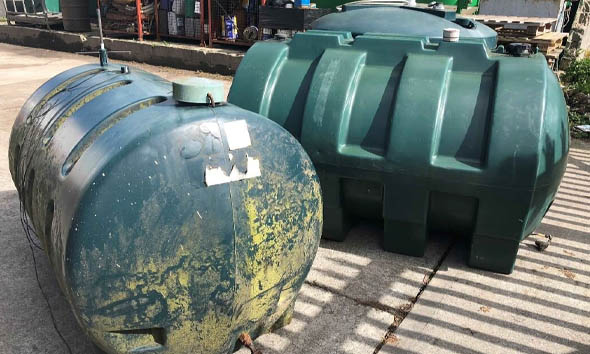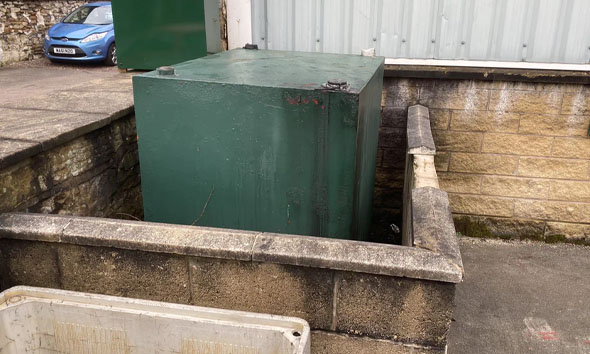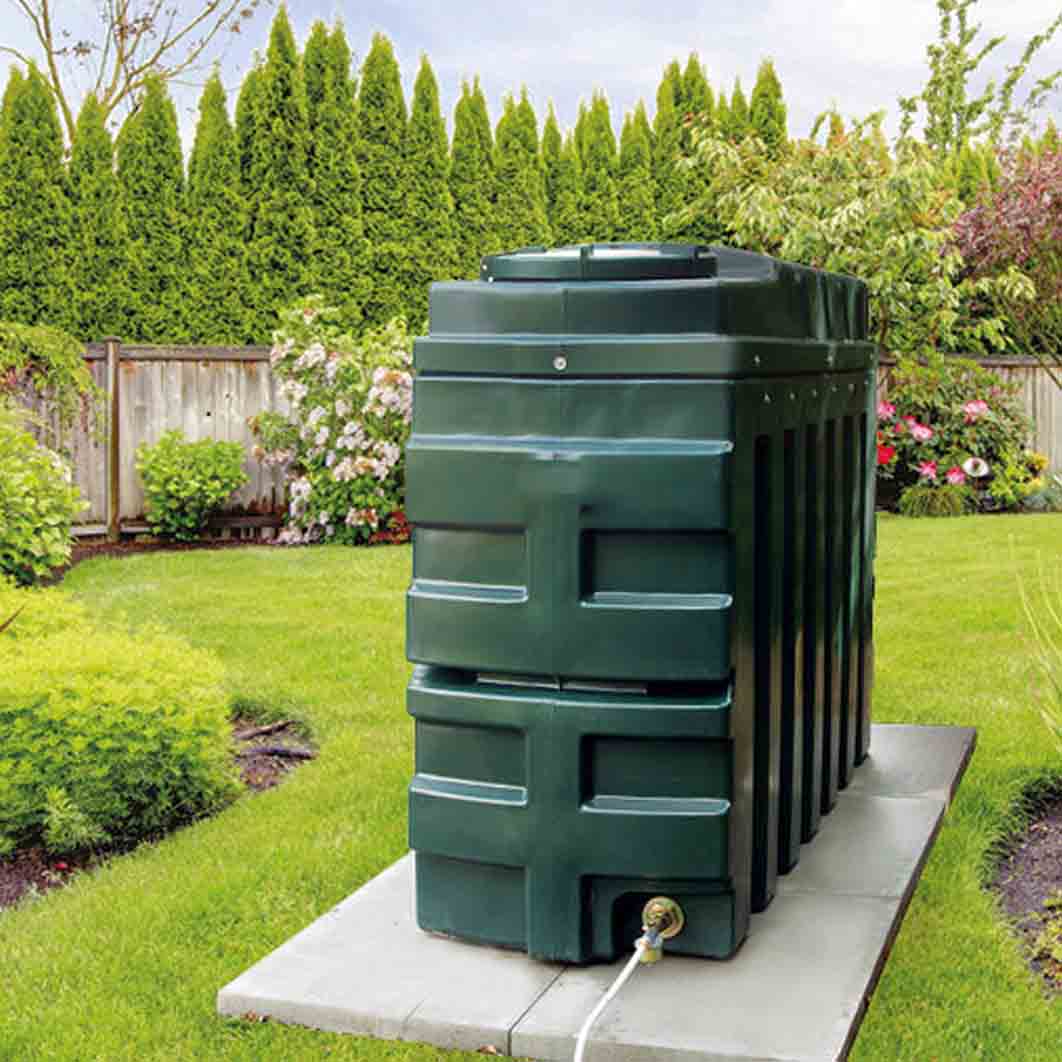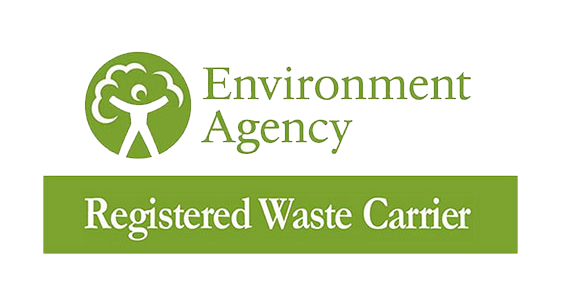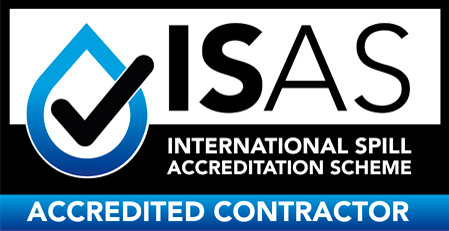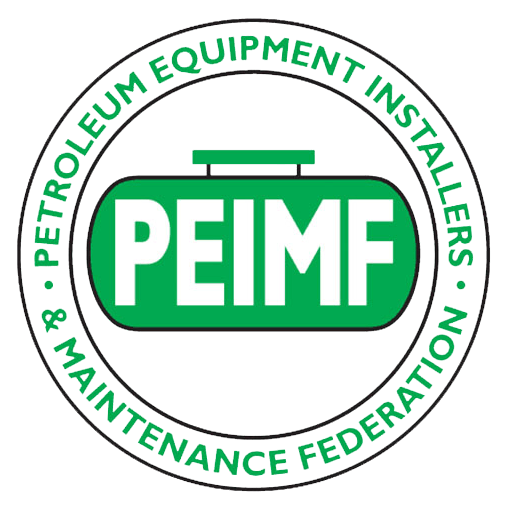- Open : 9am - 5pm (Mon - Sat)
- Unit 8, South Staffs Terminal, Lynn Lane, Shenstone, Staffs, WS14 OED
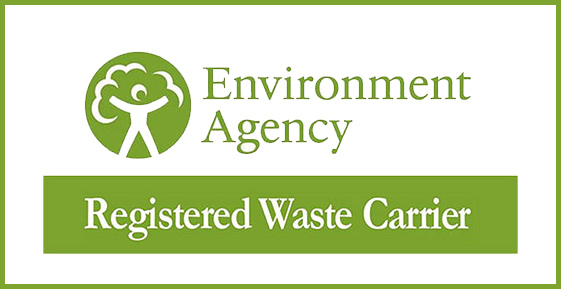
- Home
- Services
- Fuel Services
- Tank Services
- Tank Installation Services
- Oil Tank Installation Services
- Chemical Tank Inspection
- NDT Tank Inspection
- Domestic Heating Oil Tank Installation
- Oil Tank Pressure Test
- Underground Propane Tank Inspection
- Domestic Heating Oil Tank Removal
- Underground Storage Tank Inspection
- Underground Fuel Tank Removal
- Domestic Heating Oil Tank Installation Services
- Tank Inspection Services
- Forecourt Pump Maintenance
- Tank Volume Calculator
- About Us
- Blog
- Contact Us
- Home
- Services
- Fuel Services
- Tank Services
- Tank Installation Services
- Oil Tank Installation Services
- Chemical Tank Inspection
- NDT Tank Inspection
- Domestic Heating Oil Tank Installation
- Oil Tank Pressure Test
- Underground Propane Tank Inspection
- Domestic Heating Oil Tank Removal
- Underground Storage Tank Inspection
- Underground Fuel Tank Removal
- Domestic Heating Oil Tank Installation Services
- Tank Inspection Services
- Forecourt Pump Maintenance
- Tank Volume Calculator
- About Us
- Blog
- Contact Us

